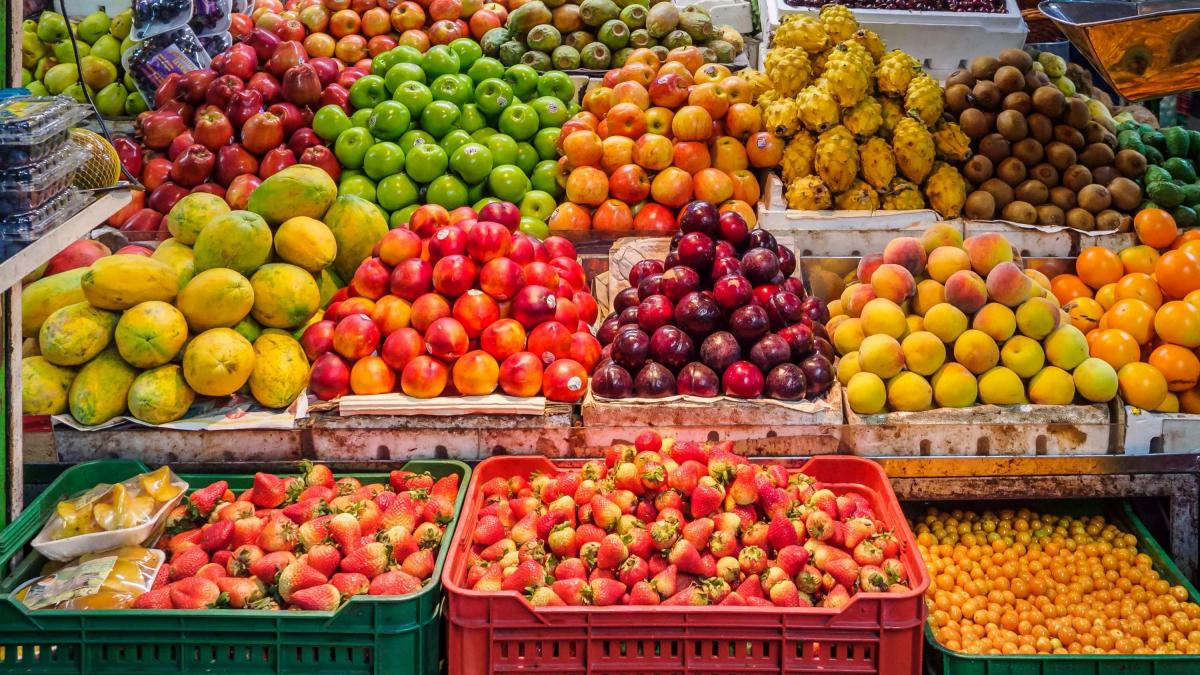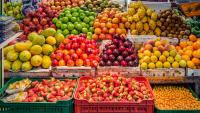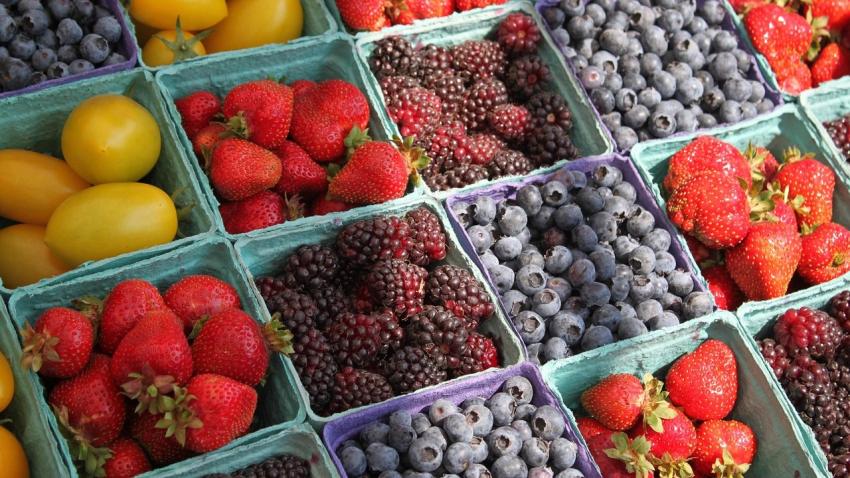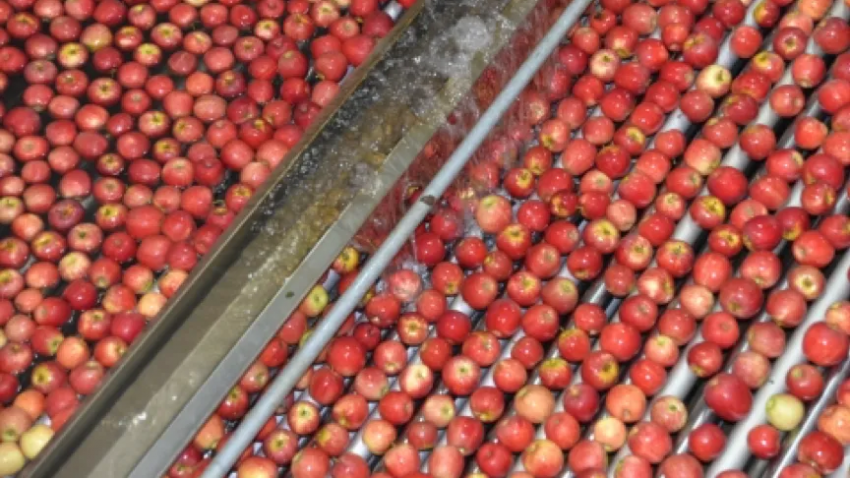You are here
Back to topDomestic Fruit Prices Rising, Apples and Bananas Hit 10-Year Highs

In early April, the average wholesale price of domestic fruit in China reached its highest level for this period in 10 years. According to data from China’s Ministry of Agriculture and Rural Affairs, the average wholesale price for six monitored fruits during week 14 of 2022 was 7.14 Chinese yuan ($1.12) per kilogram, corresponding to an increase of 3% compared with the previous week and an increase of 9.9% compared with last year. The individual fruit prices per kilogram were 7.04 yuan ($1.10) for Fuji apples, 11.52 yuan ($1.81) for Kyoho grapes, 6.5 yuan ($1.02) for bananas, 5.3 yuan ($0.83) for pineapples, 7.55 yuan ($1.18) for watermelons and 4.94 yuan ($0.78) for pears.
Domestic fruit prices have continued to rise rapidly since late March. The wholesale prices of mandarins, apples and especially pears have all risen significantly, with that of pears increasing by more than 40% to approximately 100 yuan ($15.69) per box. The average price of mandarins during the same period rose from 2.6 yuan ($0.41) per kilogram to 3.6 yuan ($0.56) per kilogram, an increase of 38.5%. In Shandong, the weighted average of 80 mm paper-wrapped Fuji apples rose from 6.28 yuan ($0.99) per kilogram to 6.94 yuan ($1.09) per kilogram, an increase of 10.5%.
As the best-selling domestic apple, the futures price also continues to rise. On April 6, the main futures contract continued to oscillate, closing at 5.10% higher. The contract price has risen to over 10,700 yuan ($1,679) per ton, a cumulative increase over the past two weeks of more than 700 yuan ($110) per ton. In the spot market, the average transaction price of 80 mm paper-wrapped Fuji apples in Shandong’s Qixia market was up 19.67% since the beginning of the year, while the market price of 70 mm apples in Luochuan in Shaanxi province had increased by 25% over the same period.
Regarding the current shipping situation of apple stocks, up until the end of warehousing on March 31, close to 3.65 million tons of apples had been shipped worldwide. This represents a shipping rate of 40.03%, a medium value when compared with the same period of the past five years. However, since mid-to-late March, the weekly destocking rate had rebounded to a moderately high level for three consecutive weeks. On the whole, the rate of inventory reduction in production areas has, to a certain extent, supported the recent rise in spot prices.
The prices of other fruits have also risen sharply. With exports of Vietnamese dragon fruit still limited, the price of domestically produced dragon fruit continues to rise. Furthermore, the main production season for domestic dragon fruit has not yet begun and most of the fruits have yet to mature, resulting in a tight market supply. Purchasers are stepping up acquisition at source, and with the atmosphere around supply growing increasingly tense, the price has exceeded 20 yuan ($3.14) per kilogram.
Imports of longans have also been hindered. At present, only the four-season variety remains on the market, resulting in high prices. With the purchase price of longans up to 20 yuan ($3.14) per kilogram in the south, the market price has reached 40–60 yuan ($6.28–9.41) per kilogram in other parts of the country, after transportation and storage costs.
Domestic fruit prices continue to rise amid intense discrepancies between supply and demand. The domestic fruit supply tends to decrease between March and June. Furthermore, over the past two years, the pandemic has led to a year-on-year decline in imports, along with an overall decrease in domestic fruit supply. Moreover, the stockpiling of goods by some people during the pandemic has led to a significant increase in demand for apples and other more long-lasting fruits.
Image: Unsplash
This article was translated from Chinese. Read the original article.














Add new comment